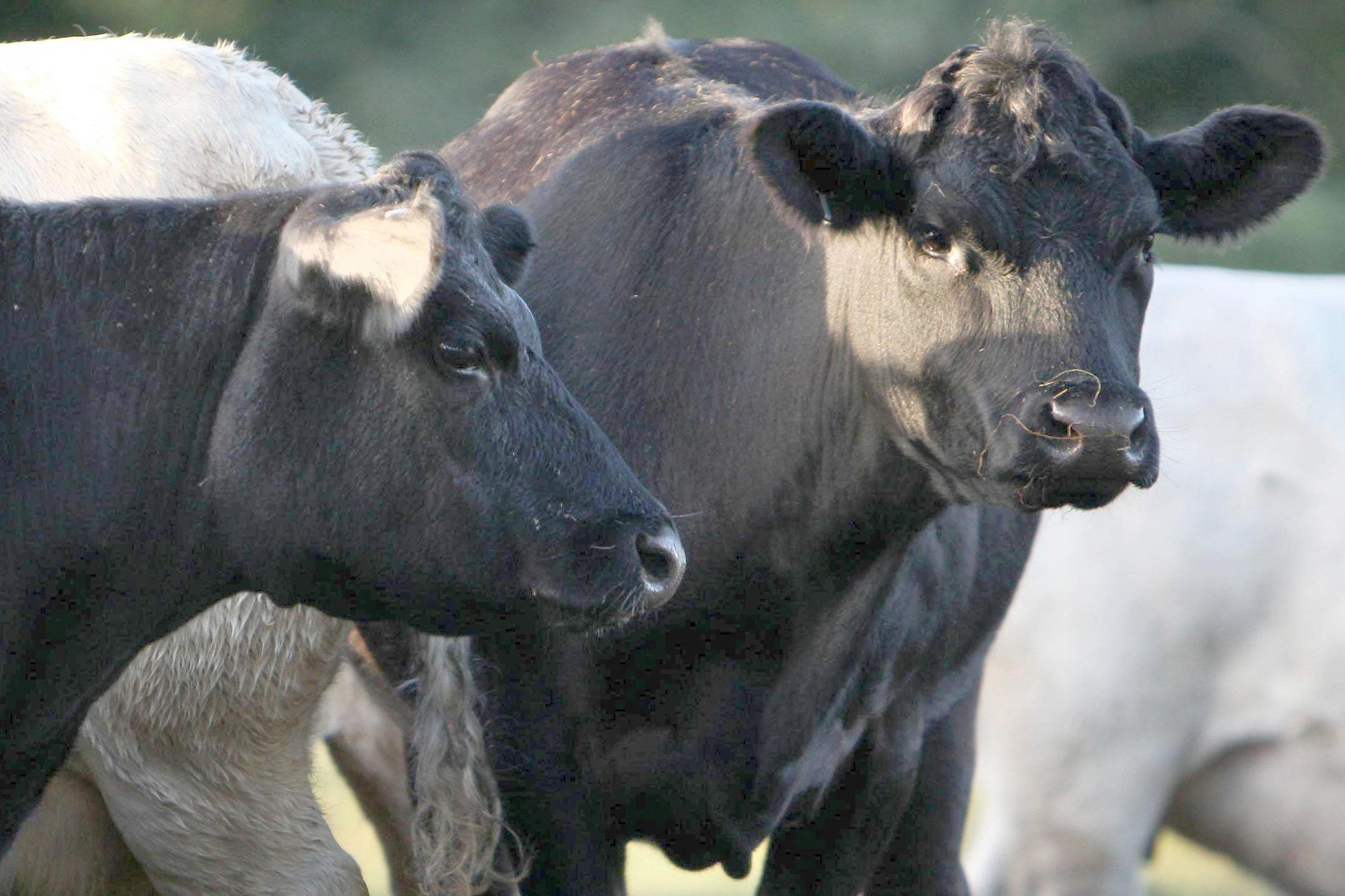Movement of animals restricted in two counties after confirmed bluetongue cases
The restricted zone is in place in Norfolk and Suffolk to ‘mitigate the risk of further cases of disease occurring’.

Your support helps us to tell the story
From reproductive rights to climate change to Big Tech, The Independent is on the ground when the story is developing. Whether it's investigating the financials of Elon Musk's pro-Trump PAC or producing our latest documentary, 'The A Word', which shines a light on the American women fighting for reproductive rights, we know how important it is to parse out the facts from the messaging.
At such a critical moment in US history, we need reporters on the ground. Your donation allows us to keep sending journalists to speak to both sides of the story.
The Independent is trusted by Americans across the entire political spectrum. And unlike many other quality news outlets, we choose not to lock Americans out of our reporting and analysis with paywalls. We believe quality journalism should be available to everyone, paid for by those who can afford it.
Your support makes all the difference.Restrictions on the movement of sheep and cattle have been introduced across two counties after several confirmed cases of the animal disease bluetongue.
The restricted zone is in place in Norfolk and Suffolk to “mitigate the risk of further cases of disease occurring”, the Department for Environment, Food & Rural Affairs (Defra) said.
The total number of cases of Bluetongue virus stands at five infected premises.
Surveillance is underway to understand if the virus is currently circulating in the UK, with Defra saying “there is a high risk of onward spread”.
We have not taken this action lightly and we are clear that farmers and their vets must remain vigilant and report any suspicions to the Animal and Plant Health Agency immediately
All keepers of cattle, sheep, other ruminants and camelids, including llamas and alpacas, in Norfolk and Suffolk will need to follow strict restrictions on animal and germinal product movements.
Infected premises have been placed under restriction and susceptible animals can only be moved under licence.
Essential moves of susceptible animals can take place without a licence within the restricted zone but cannot be moved out without a specific licence.
The UK’s chief veterinary officer, Christine Middlemiss, said: “This means all keepers in these regions must urgently act now to both prevent the disease spreading to their herds and any further.
“Farmers are urged not to move animals within the zone unless it is absolutely necessary.
“We have not taken this action lightly and we are clear that farmers and their vets must remain vigilant and report any suspicions to the Animal and Plant Health Agency immediately.”
Earlier this month, officials said there has been a rapid increase in cases in the Netherlands and Germany, and new cases in France, Luxembourg and Denmark, which means Britain is at greater risk of the disease in susceptible animals.
Bluetongue is an animal disease that affects livestock including cattle and sheep, as well as goats, deer and llamas, with symptoms including a blue and swollen tongue, fever, reduced milk yield, and, in the most severe cases, death.
It does not affect humans or food safety.
A case of bluetongue was confirmed in Britain on March 8 2024, and between November 2023 and March this year there were 126 cases – 119 in cattle and seven in sheep – in England on 73 premises in four counties.
During that period, the BTV-3 strain was found in Kent, Norfolk and Suffolk, officials said.
It was the first outbreak of bluetongue in Britain since 2007, when farmers were also battling bird flu and foot and mouth disease.